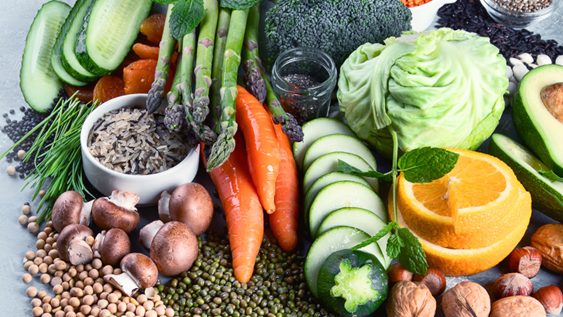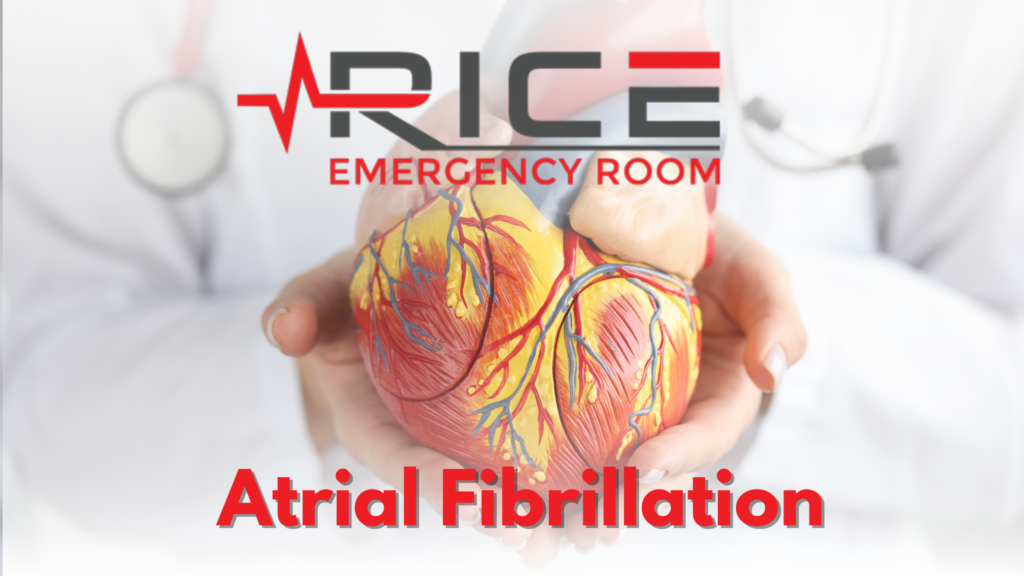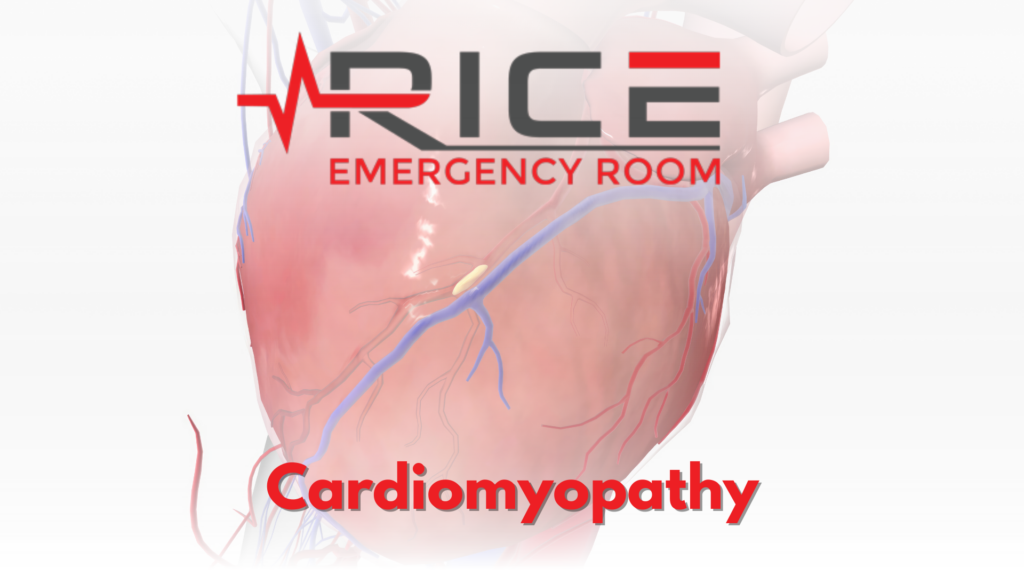
In recent years, the popularity of a plant-based diet has soared, with many individuals opting for a lifestyle that emphasizes fruits, vegetables, whole grains, legumes, nuts, and seeds while minimizing or eliminating animal products. This dietary shift has sparked debates and discussions surrounding its health implications. Let’s explore the question, “Is a plant-based diet healthy?” by examining various perspectives and scientific evidence.
What is a Plant-based Diet?
Vegetarian diets have been popular for many years. Plant-based eating is a component of vegetarian and vegan diets. The methods you use have gotten more flexible as interest in plant-based diets has increased. Vegans normally consume no animal products at all; however, there are many other ways to eat a plant-based diet. Consider plants—such as fruits, vegetables, tubers, seeds, legumes, and grains—as the basis of your diet while consuming a plant-based diet. Then, if you desire, supplement your consumption of plant-based foods with a small amount of high-quality fish and animal products. This can also be referred to as a diet that prioritizes plants.
There are several benefits to eating a plant-based diet. Some people want a more nutrient-dense diet, while others abstain from animal products to lessen their impact on the environment or out of compassion for the animals. It is frequently claimed that plant-based diets are healthier than those that include meat. Unfortunately, the available research does not back up those assertions. All dietary preferences—vegetarian, vegan, and meat eaters—have advantages and disadvantages. (Pritzker)
Benefits of a Plant-based Diet
- Weight Management: One significant advantage of a plant-based diet is its potential for supporting weight management. Individuals who follow a plant-based diet tend to have lower body mass indexes (BMIs) and reduced risks of obesity compared to those who consume animal products regularly. The high fiber content in plant-based foods promotes satiety, leading to better portion control and decreased calorie intake. (Cleveland Clinic)
- Heart Health: Adopting a plant-based diet can also contribute to cardiovascular health. This dietary approach may lower the risk of developing heart disease, high blood pressure, and high cholesterol levels. Plant-based foods are typically low in saturated fat and cholesterol while being rich in antioxidants, fiber, and phytochemicals that support heart health. (Cleveland Clinic)
- Reduced Chronic Disease Risk: Numerous studies have shown that a plant-based diet is associated with a decreased risk of chronic diseases, including type 2 diabetes, certain cancers, and hypertension. Plant-based diets are typically abundant in essential nutrients such as vitamins, minerals, and antioxidants, which help protect against various diseases. (Columbia University Irving Medical Center)
- Improved Gut Health: The fiber found in plant-based foods acts as a prebiotic, nourishing the beneficial bacteria in our gut. This promotes a healthy gut microbiome and supports digestive health. A plant-based diet’s high fiber content can help alleviate constipation, reduce the risk of developing diverticular disease, and improve overall bowel regularity. (Columbia University Irving Medical Center)
Challenges of a Plant-Based Diet
All animal items, including lean meat and dairy goods like milk, yogurt, cheese, and ice cream, must be avoided when eating a plant-based diet. For many, that’s easier said than done. But it is possible to replace animal products in your diet if you follow the right rules and make gradual changes over time. Another thing to keep in mind is that if you don’t properly plan your plant-based diet, you cannot get enough protein, minerals, and vitamins. And if you start to have nutritional deficiencies, you won’t feel or look your best. (Cleveland Clinic)
Scientific Evidence
The question of whether a plant-based diet is healthy has been examined through various lenses. Scientific evidence suggests that when appropriately planned, a plant-based diet can provide numerous health benefits, including weight management, cardiovascular health, reduced chronic disease risk, and improved gut health. However, attention must be given to potential nutrient deficiencies and protein adequacy. By ensuring a well-rounded and balanced intake of plant-based foods, individuals can reap the benefits of this dietary approach while meeting their nutritional needs.
Works Cited
Shoshana Pritzker RD, CDN. “Plant-Based Diets: Pros, Cons, and What You Can Eat.” Verywell Fit, 31 Jan. 2023, www.verywellfit.com/plant-based-diet-recipes-tips-guidelines-4174728.
Team, Digestive Health. “What You Should Know about Plant-Based Diets.” Cleveland Clinic, 10 Dec. 2021, health.clevelandclinic.org/is-a-plant-based-diet-right-for-you/.
“What Is a Plant-Based Diet, and Is It Healthy?” Columbia University Irving Medical Center, 15 Apr. 2022, www.cuimc.columbia.edu/news/what-plant-based-diet-and-it-healthy#:~:text=Is%20a%20plant%2Dbased%20diet%20healthy%3F,all%20of%20your%20nutrient%20needs.



